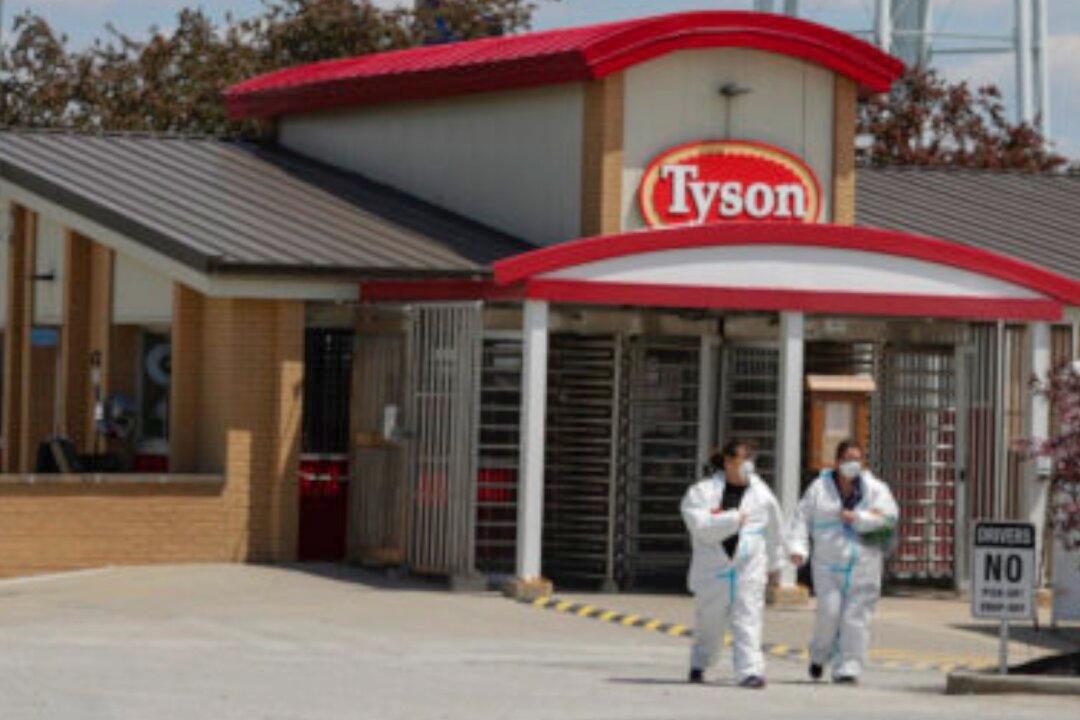Tyson Foods Inc. said on Monday that President Dean Banks will become chief executive as the meatpacker faces unprecedented production challenges from the COVID-19 pandemic.
The novel coronavirus has infected thousands of employees at U.S. meatpacking plants and slowed production as companies like Tyson temporarily shut slaughterhouses in April and May. Plants have reopened, but absences among workers who are afraid of getting sick pose an ongoing challenge to an industry struggling to restore normal meat output.





